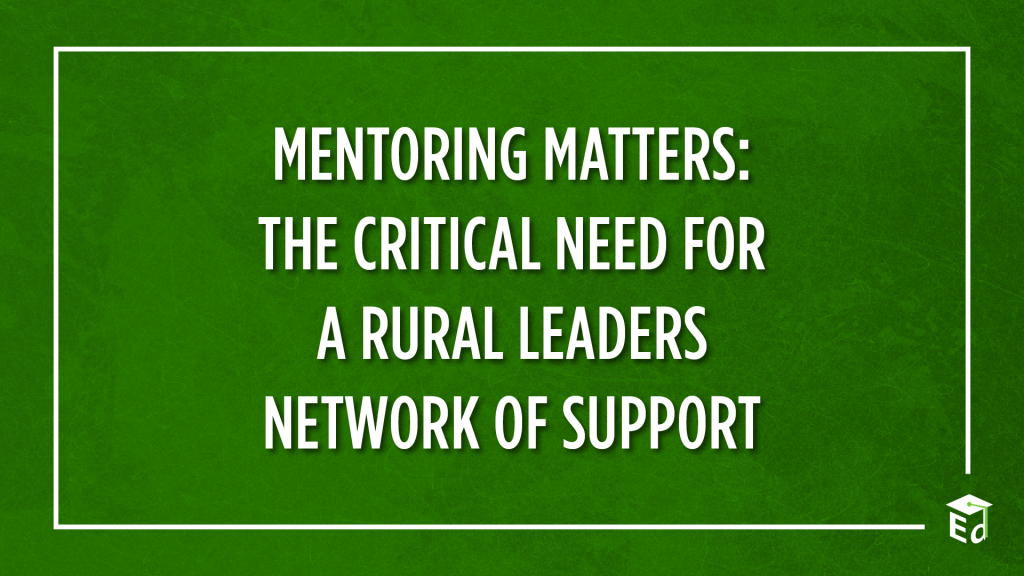
by Loredana Valtierra
Gun violence has become an all too common part of American school life. Yet the gun violence we often associate with schools, mass shootings that make headlines and capture the national psyche, are rare. While the possibility of mass shootings is a fear among educators, the reality is that many educators work in schools at risk of a more constant threat to their students – community violence. A 2020 GAO study found that most shootings that occur on school campuses are related to interpersonal conflict and occur outside the school building. Community violence is a persistent, daily threat in lower income and mostly of color neighborhoods that doesn’t receive the same level of attention and action that mass school shootings do.










